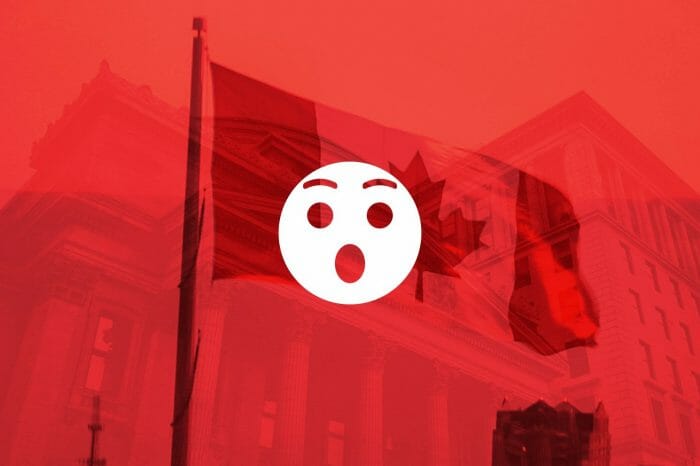Silver linings in the SVB fall-out

Silver linings in the SVB fall-out:
If the Silicon Valley Bank (SVB) collapse inspires images of the Hindenberg explosion, take comfort knowing that Canadian investors stand at a distance from the fallout. Also, SVB’s implosion may slam the brakes on the U.S. Fed’s interest rate hikes, at least this month. Without doubt, the greatest financial collapse since the 2008 recession makes regional U.S. banks suspect for the immediate future, but Canadian banks, for example, are now a buying opportunity, especially those which have little exposure to the U.S. The following picks are predicated on a U.S. Fed freeze.

Despite sharp price increases in airplane tickets, restaurant meals and hotels, tourism looks like it will increase this year. Toronto’s Pearson Airport expects 85% of passenger volume during this March break, despite snowstorms. After being cooped up for so long, people still want to get out of their homes and roam. And don’t forget that China has just reopened.
Airlines are the obvious play on the travel boom, but they suffer any number of variables: fuel costs, staffing shortages and even a lack of planes. A safer place to go are accommodations. Hotels are the go-to stocks, but they too suffer from labour shortages and they have jacked up rates so far that consumers are taking a harder look at those rates.
This leaves more affordable booking platforms like Airbnb , the king/queen of them all. Vrbo, Expedia and Booking.com are competing with equivalent services, but Airbnb’s market share in the vacation rental industry now surpasses 20%, up from 19.2% in September 2019 before the pandemic.
Chances are you know someone who operates an Airbnb unit. Global active listings in Q3 2022 rose 22.1% over the same period in 2019. The total number of listings peaked last summer in the high season and could very well return or surpass that this year. Airbnb’s success, however, is also a problem. Nomadic tourist haven Lisbon wants to freeze the number of Airbnbs.
Lucerne in Switzerland just did it. Amsterdam, San Francisco and London already limit the number of days per stay. Even Toronto imposes a tourist tax. Why? Housing has gotten too expensive for the locals.
That said, these caps are nothing new. The reopening has only reignited this battle. It has also encouraged nomadic tourism. During Covid, people working at home realized they could work anywhere in the world as long as they had their laptop and decent Wifi. Airbnb’s long-term stays of 28 days or more now accounts for 21% of all bookings.
In 2022, Airbnb helped travelers book 393.7 million nights until gross bookings hit $63.2 billion that year, with revenues of $8.4 billion. That marked Airbnb’s first-ever profit (of $2 billion). Remember that the company lost $674 million in 2019.
If Powell freezes interest rates, then ABNB shareholders will get some relief and shares should climb as we head into the sunnier months.

Meta Platforms Inc / Facebook (META-Q)
It’s no secret that rising rates are no friend of tech stocks, so a halt will lift all these digital boats. Add to that the current craze for all things AI, thanks to ChatGPT, and Mark Zuckerberg’s dream of the metaverse suddenly looks interesting instead of a costly pipe dream. Zuck has declared 2023 “the year of efficiency” after axing 11,000 employees of 13% of his workforce last November, and has now announced another round of job cuts of the same volume.
To many, he came to his senses after the street was blasting him for pouring billions into the metaverse and seeing few results. Reality Labs lost $13.7 billion in 2022, and, yes, Zuck is still throwing money at it. To balance that to some degree, the CEO announced he would focus more on the popular Whatsapp and Messenger apps to generate revenue. A sensible move.
Meta shares now trade around $180, half of its peak in September 2021, but twice as much as the bottom of last Hallowe’en. This year so far, Meta has easily outpaced stalwart megatechs Apple and Microsoft which have climbed about 17% and 6.5% respectively. Meanwhile, Meta has jumped over 50%. The Nasdaq has risen only 7.4%.
The market isn’t concerned that Meta’s 21.7x PE is a touch higher than 8.5x during last fall’s bottom. At least, that’s lower than the 24.82x five-year average. Once a pariah, Meta is back in the game with momentum on its side.





